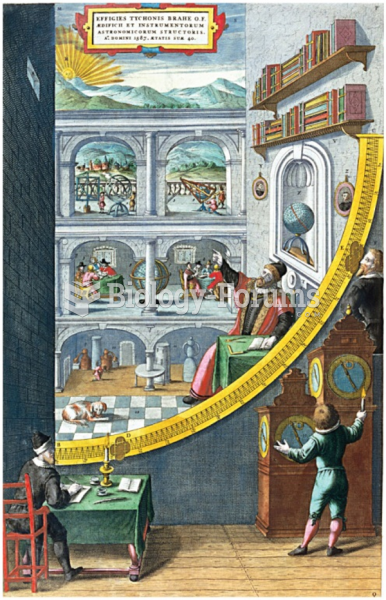Question 1
The infamous Baltimore journalist of the 1920s who delighted in ridiculing religion, politics, the arts, and even democracy itself, was
A. H. L. Mencken.
B. F. Scott Fitzgerald.
C. Thomas Wolfe.
D. Sinclair Lewis.
E. John Dos Passos.
Question 2
The Sheppard-Towner Act of 1921
A. promoted the establishment of daycare centers for the children of working women.
B. provided federal funds for child health-care programs.
C. was promoted by the American Medical Association.
D. was promoted by the National Women's Party.
E. was criticized for its promotion of birth control.
Question 3
In the 1920s, behavioral psychologists argued
A. mothers should rely on trained experts for advice in raising children.
B. women had an instinctive capacity for being mothers.
C. mothers who sent their children to nursery school and kindergarten hurt their development.
D. maternal affection was sufficient for successful child-rearing.
E. midwives rather than doctors should aid in childbirth, for the emotional health of the child.
Question 4
In the 1920s, the flapper lifestyle
A. was applauded by most progressive suffragists.
B. was largely rejected by upper-class women.
C. had a particular impact on urban lower-middle-class and working-class single women.
D. was largely reserved for upper-class women.
E. was simply a clothing fad.
Question 5
During the 1920s, birth control in the U.S.
A. was limited to physical methods such as abstinence and withdrawal.
B. was illegal, in some form, in many states.
C. was strongly opposed by moralists such as Margaret Sanger.
D. included legal abortion in most states.
E. was among the major causes of poverty and distress in poor communities.
Question 6
In the 1920s, a growing interest in birth control among middle-class women resulted from
A. the desire to maintain a rigid, Victorian female respectability.
B. the attitude that sexual activity should not be for procreation only.
C. All these answers are correct.
D. the desire to delay childbirth to pursue a career outside of the home.
E. both the desire to delay childbirth to pursue a career outside of the home, and the attitude that sexual activity should not be for procreation only.







